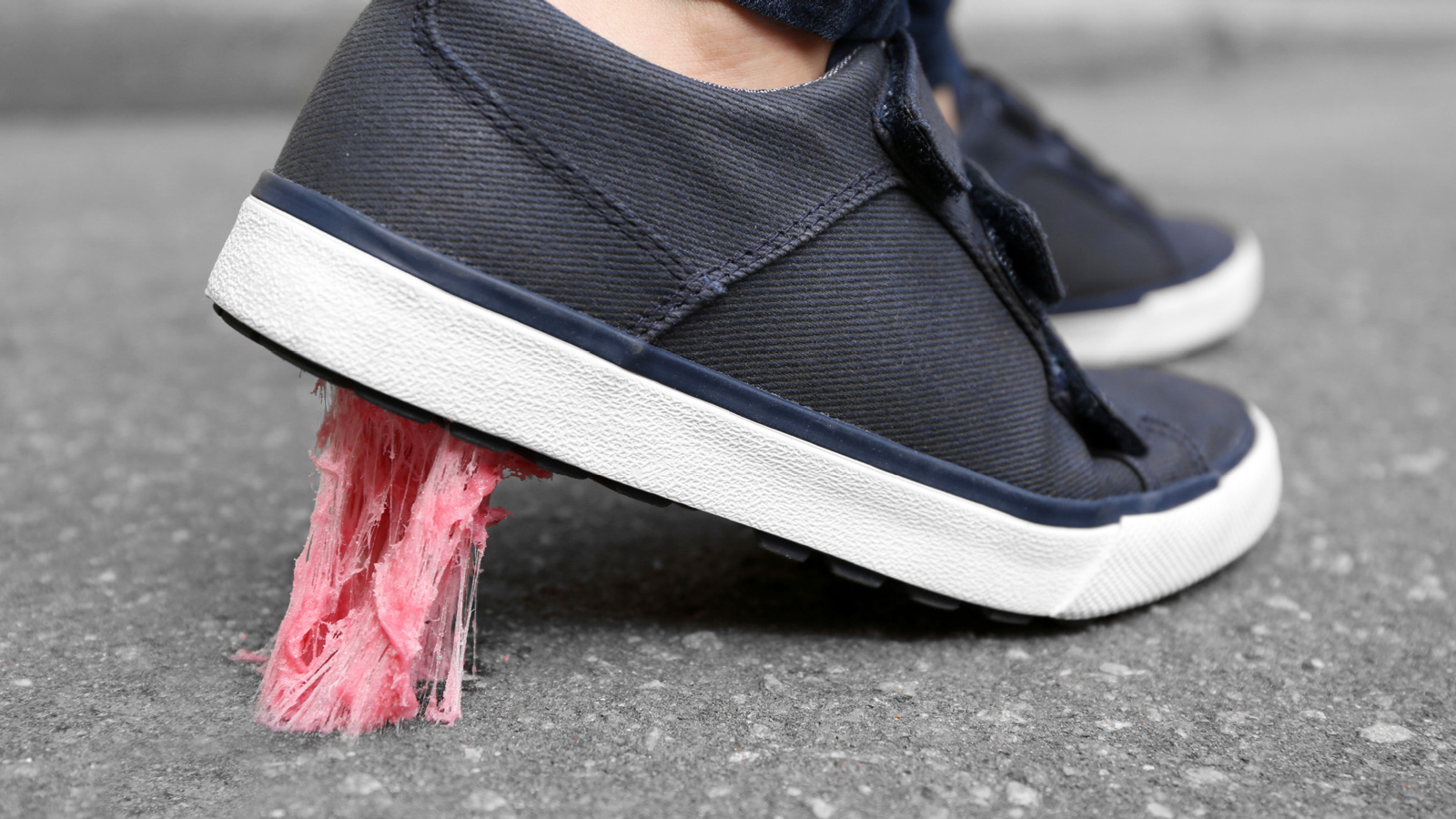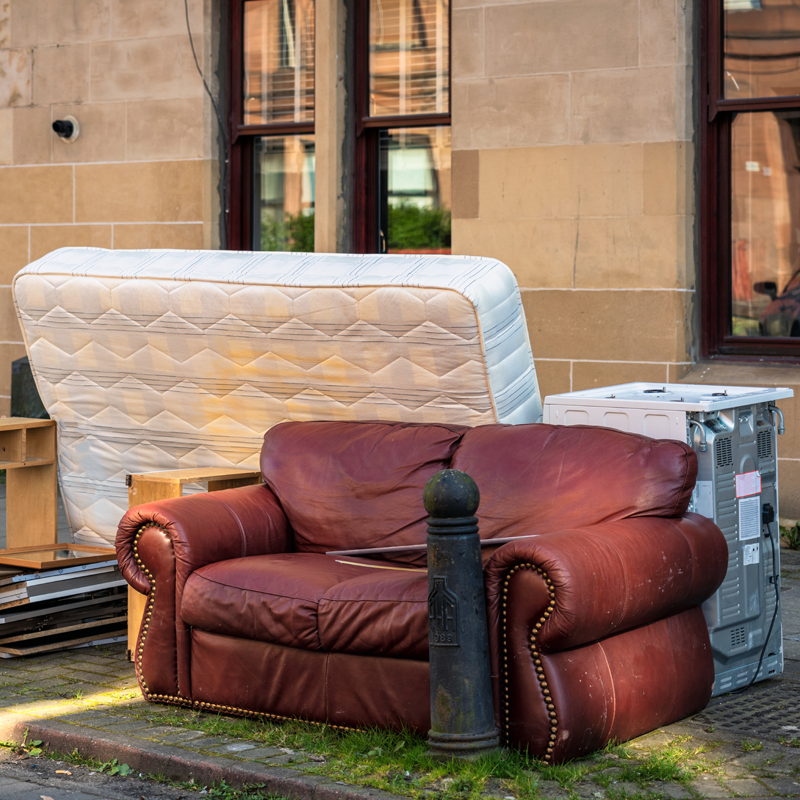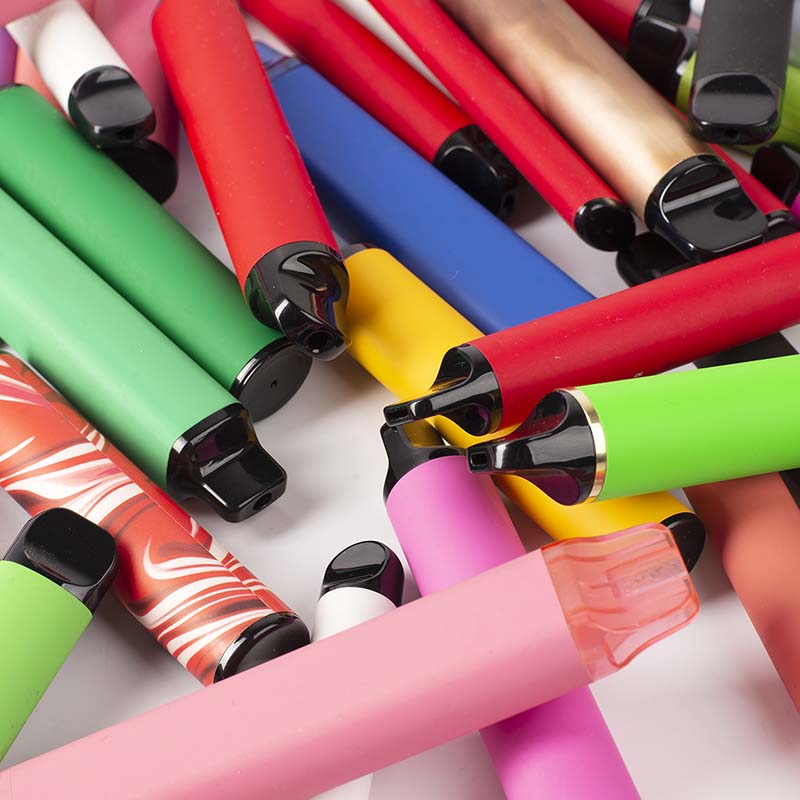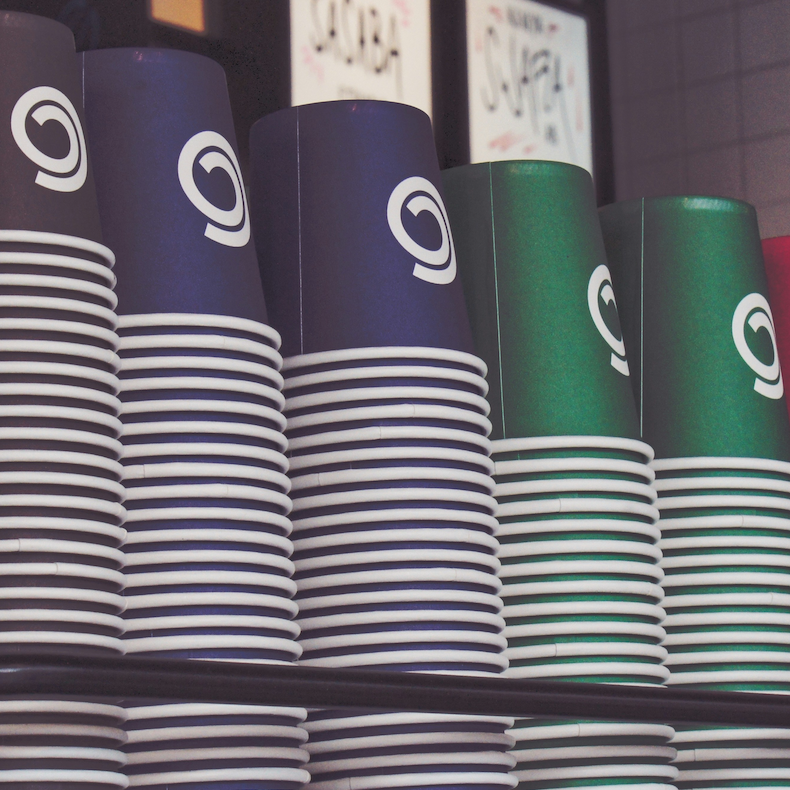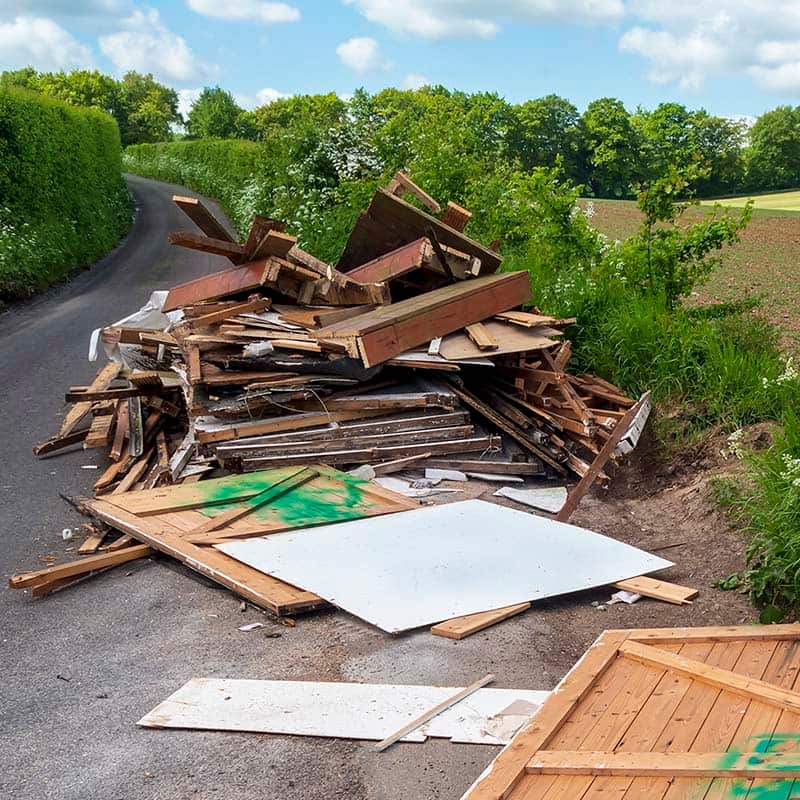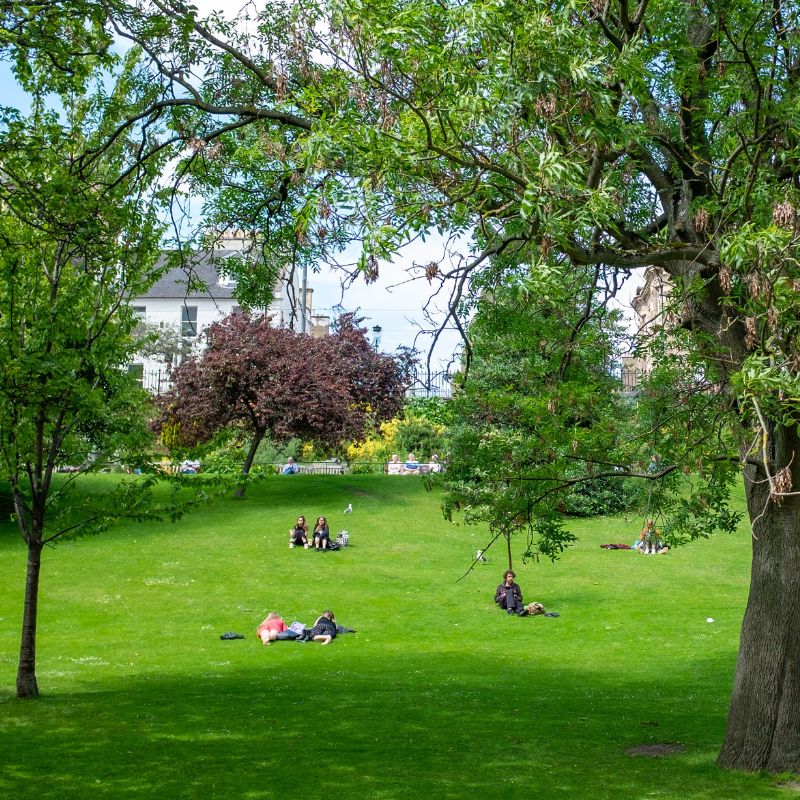
11 Facts About Litter in Scotland
Litter is waste in the wrong place.
It could be a spillage that isn’t cleared up. It can be caused by people who are just too lazy to walk to the bin. Then there are anti-social individuals who think that littering is acceptable because someone else will clean up after them.
Our research found that Scots are concerned about litter, and see it as a form of anti-social behaviour. Yet there’s also a general view that litter is just a temporary problem. Won’t someone clear most of it up anyway?
There’s a big education job to be done. That job starts with understanding what we’re dealing with.
Scotland collects 50 Kelpies’ worth of litter every year
That’s 15,000 tonnes, or 250 million items – nearly 50 pieces of litter for every person in Scotland. Or, in other words, 475 dropped every minute.
What’s on our streets?
The most commonly littered items in Scotland:
- Gum and gum wrappers
- Cigarette butts and packaging
- Drinks containers
- Food and food packaging
Source: Composition of litter in Scotland 2016, Keep Scotland Beautiful report.
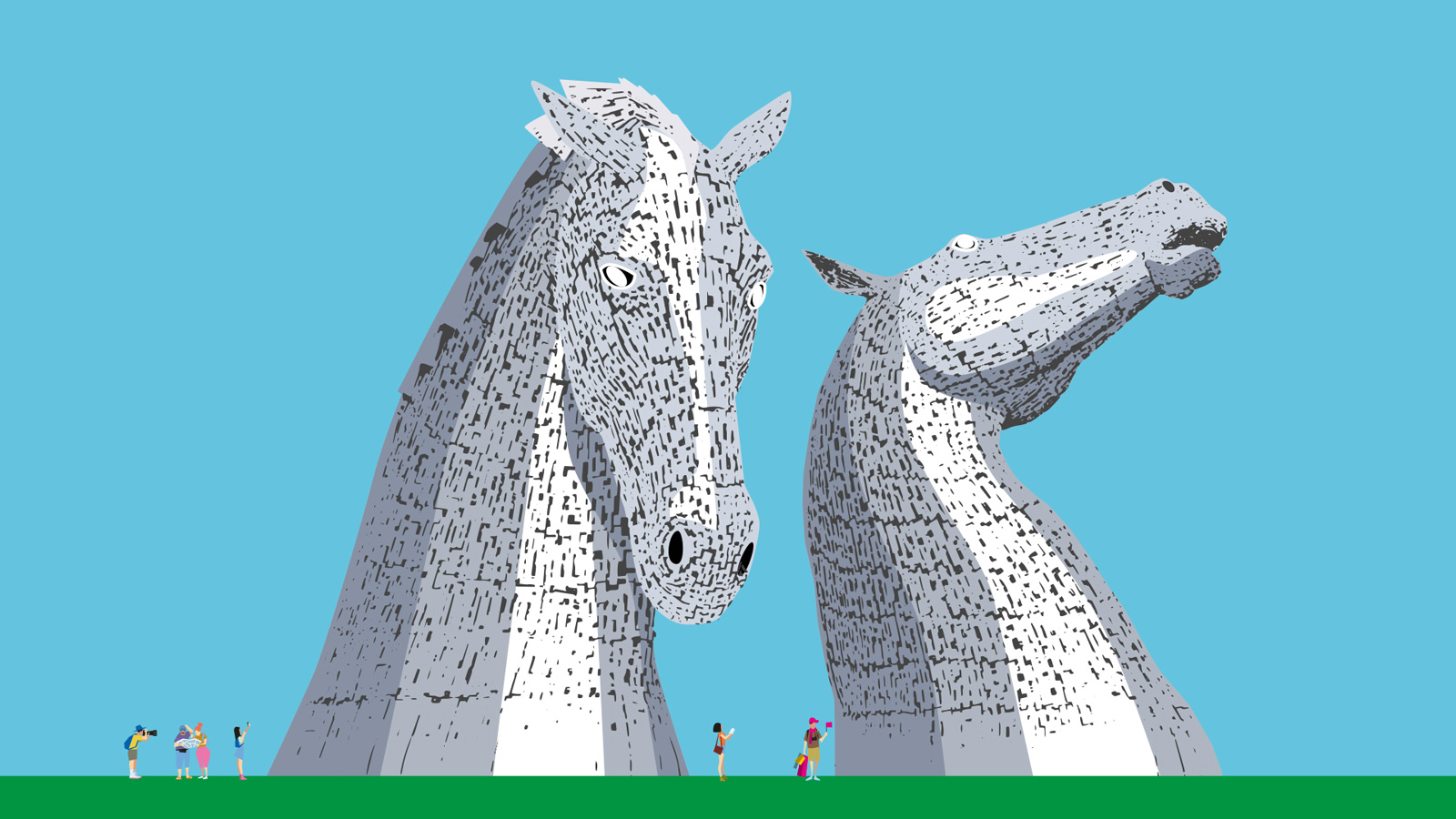
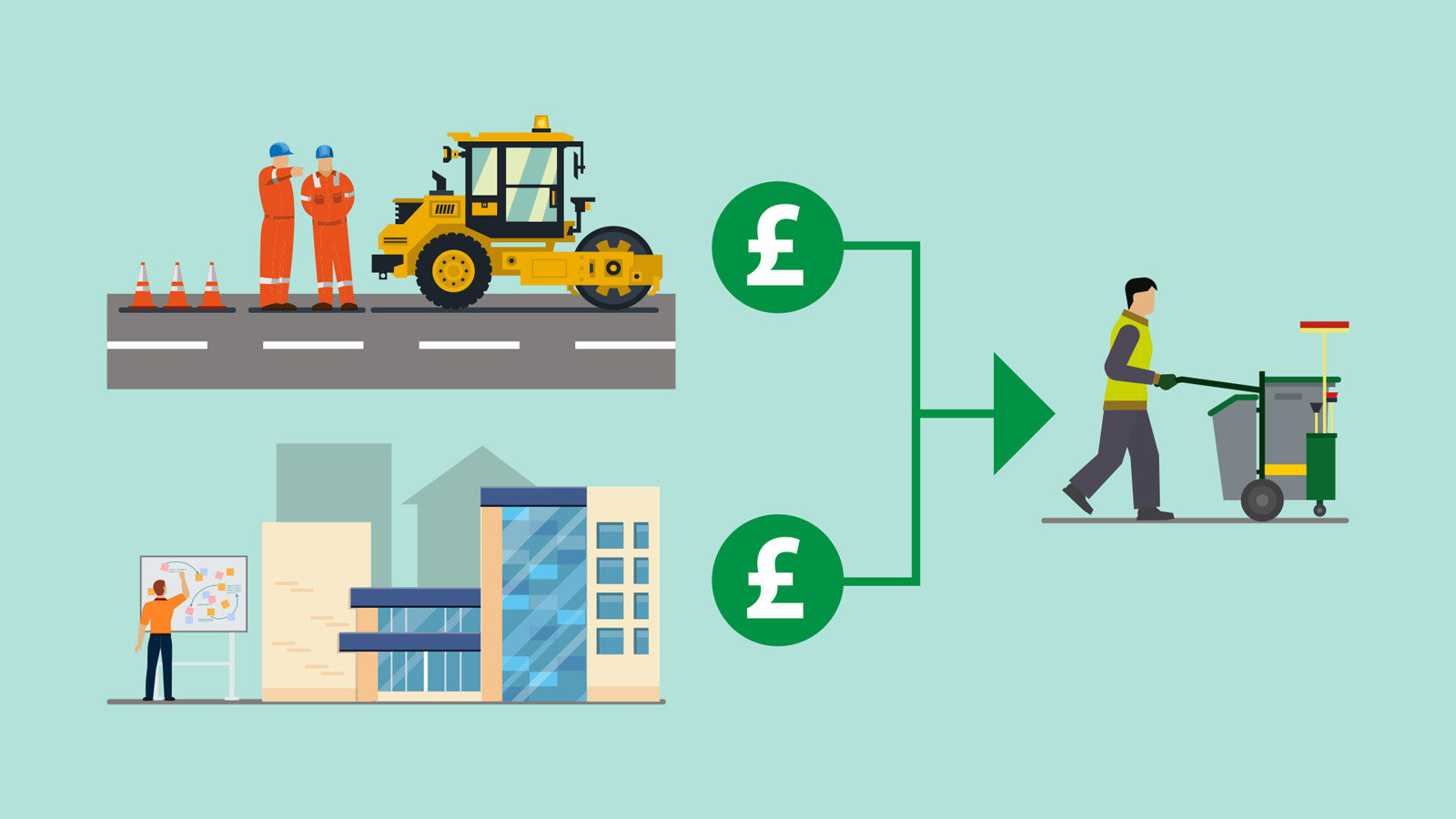
We’re all paying for the clean-up
Litter on our streets forces local authorities to divert public money away from other public services like schools and roads. Every year Scotland spends at least £46 million cleaning up after our litterers — that’s around £20.00 for each taxpayer.
Half of Scotland’s streets are blighted by cigarette butts
More than 4.5 trillion cigarette butts are dropped around the world each year. No matter where you go, chances are you’re never far from a cigarette end, and that includes in Scotland.
Smoking-related waste is our most commonly littered material – with cigarette butts topping the list. Every year in Scotland we spend a packet cleaning up items dropped by smokers – money that could be much better spent elsewhere.
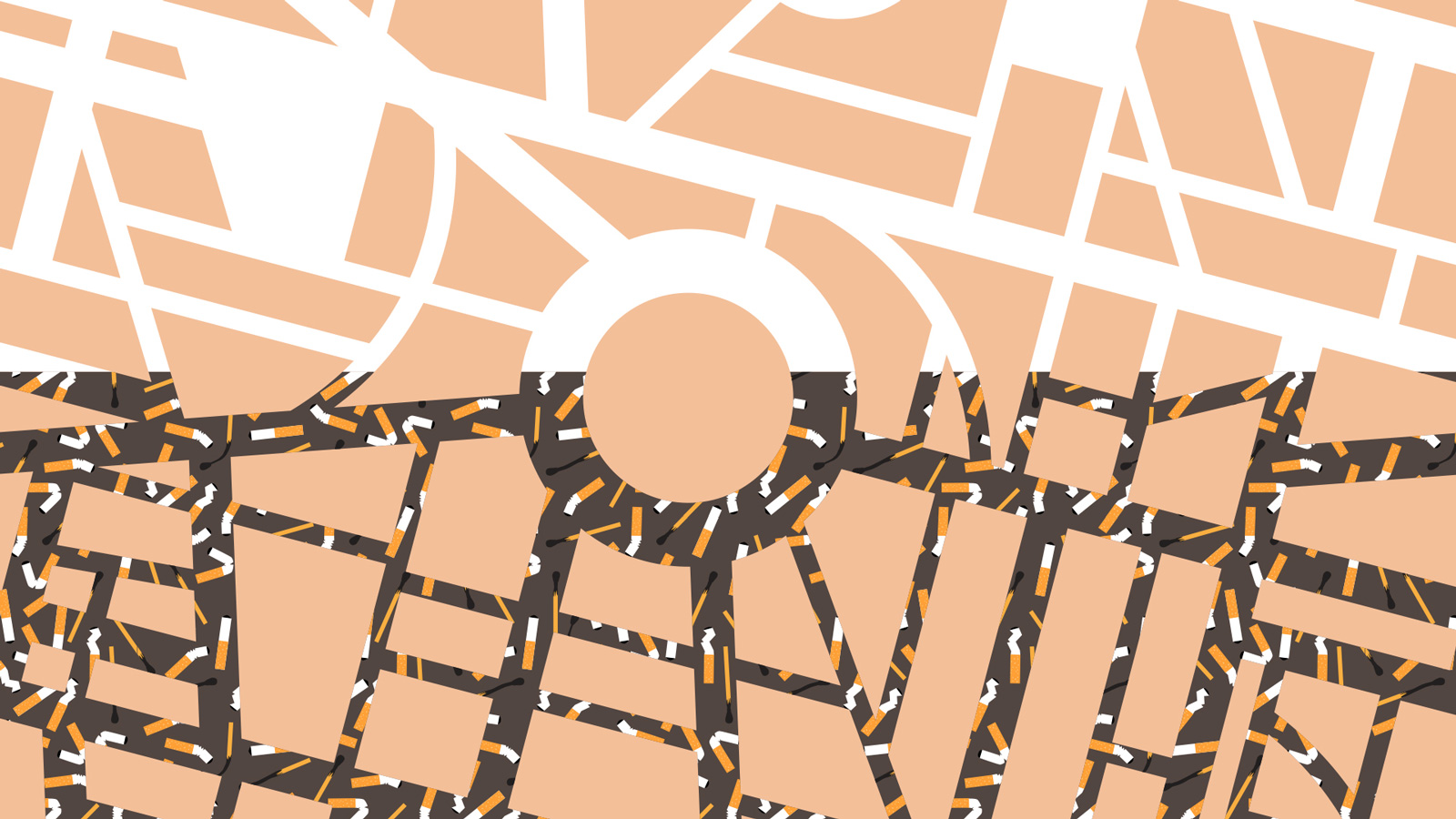
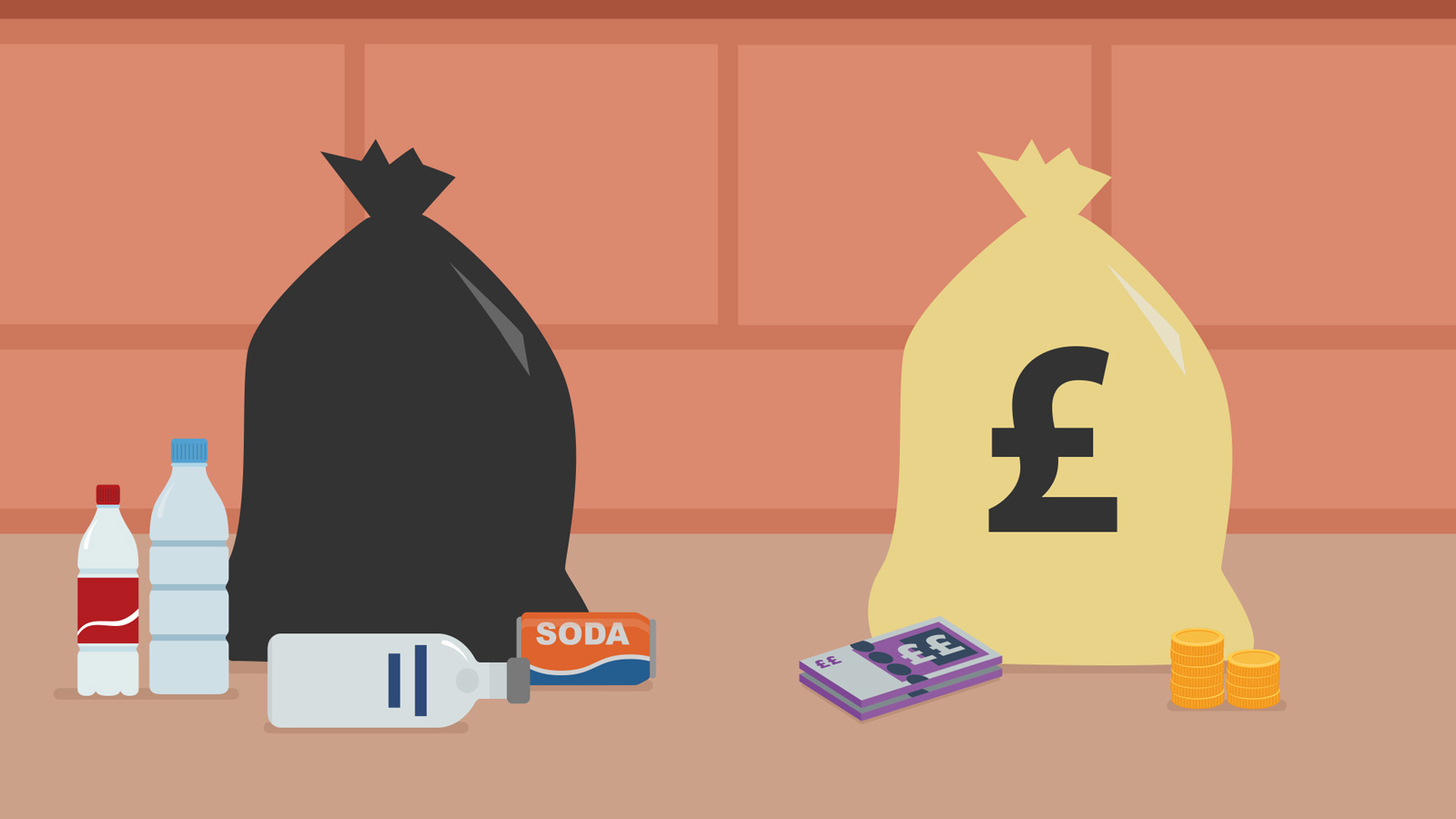
Some of our litter is money in disguise
A huge chunk of Scotland’s litter could be recycled – meaning that there’s a possible £1.2 million lying on our streets disguised as litter. This includes plastic bottles and drinks cans – all easily recycled and worth money and jobs to the Scottish economy.
Bournemouth Borough Council demonstrated the value of unrecycled litter when it teamed up with plastics recycling campaign #pledge4plastics and set a new world record for the largest work of art made from recycled packaging that had been dropped on the street – earning themselves a heap of valuable press attention in the process.
Littering and flytipping will cost you – even if you’re NASA
There’s no room for sweet-talking if you’re spotted dropping litter in Scotland – you might be hit with an £80 fine. Avoid paying it and the figure jumps to as much as £2,500. Illegal flytippers can be fined up to £40,000.
Think that’s harsh? Spare a thought for the Singapore smoker fined $15,000 for chucking cigarette butts out of his flat window. Even NASA once found themselves on the wrong end of a litter fine. When parts of the Skylab space station fell to earth in 1979, the Australian authorities slapped them with a $400 penalty. Proof that when it comes to litter, no one is above the law.
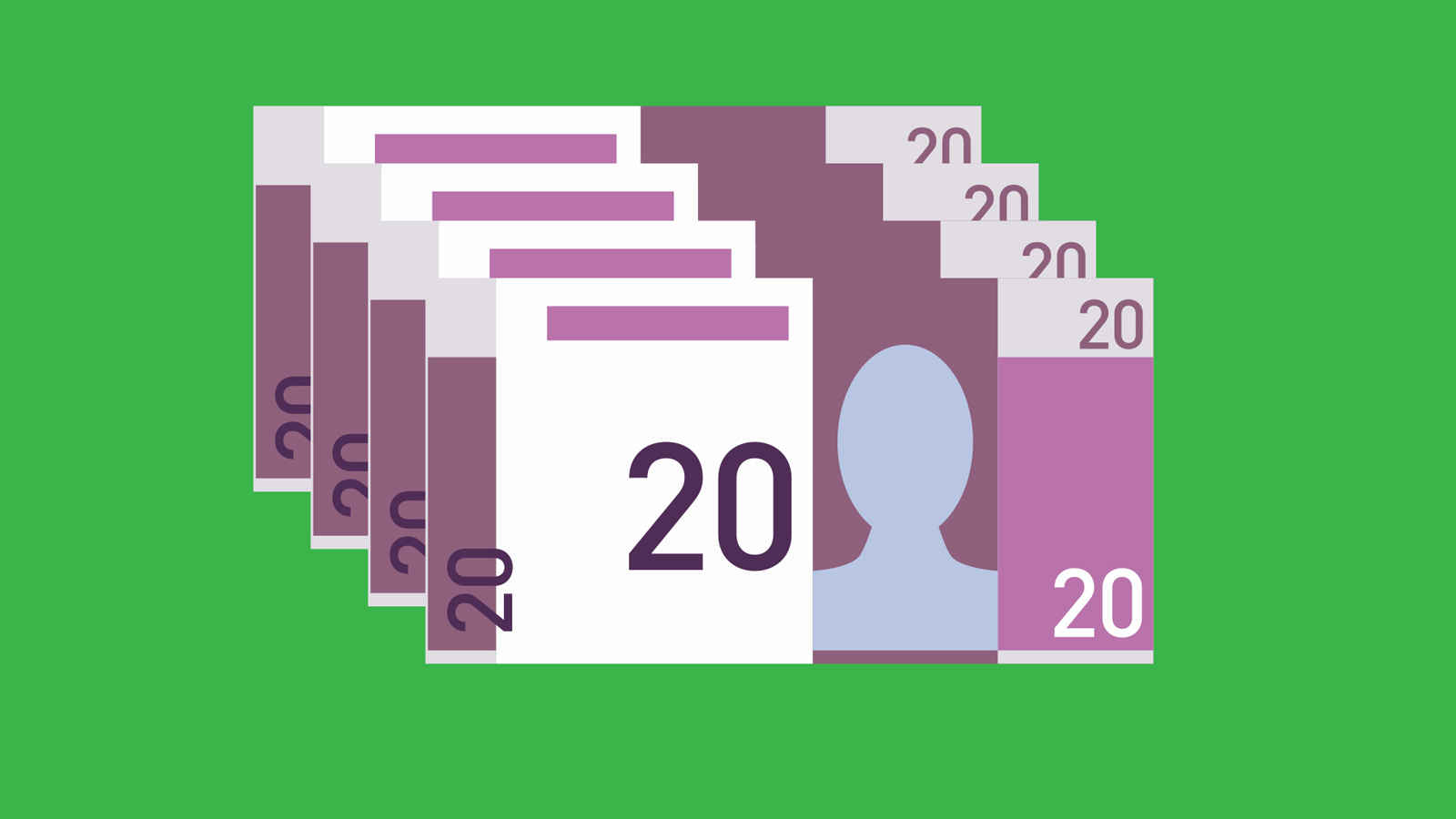
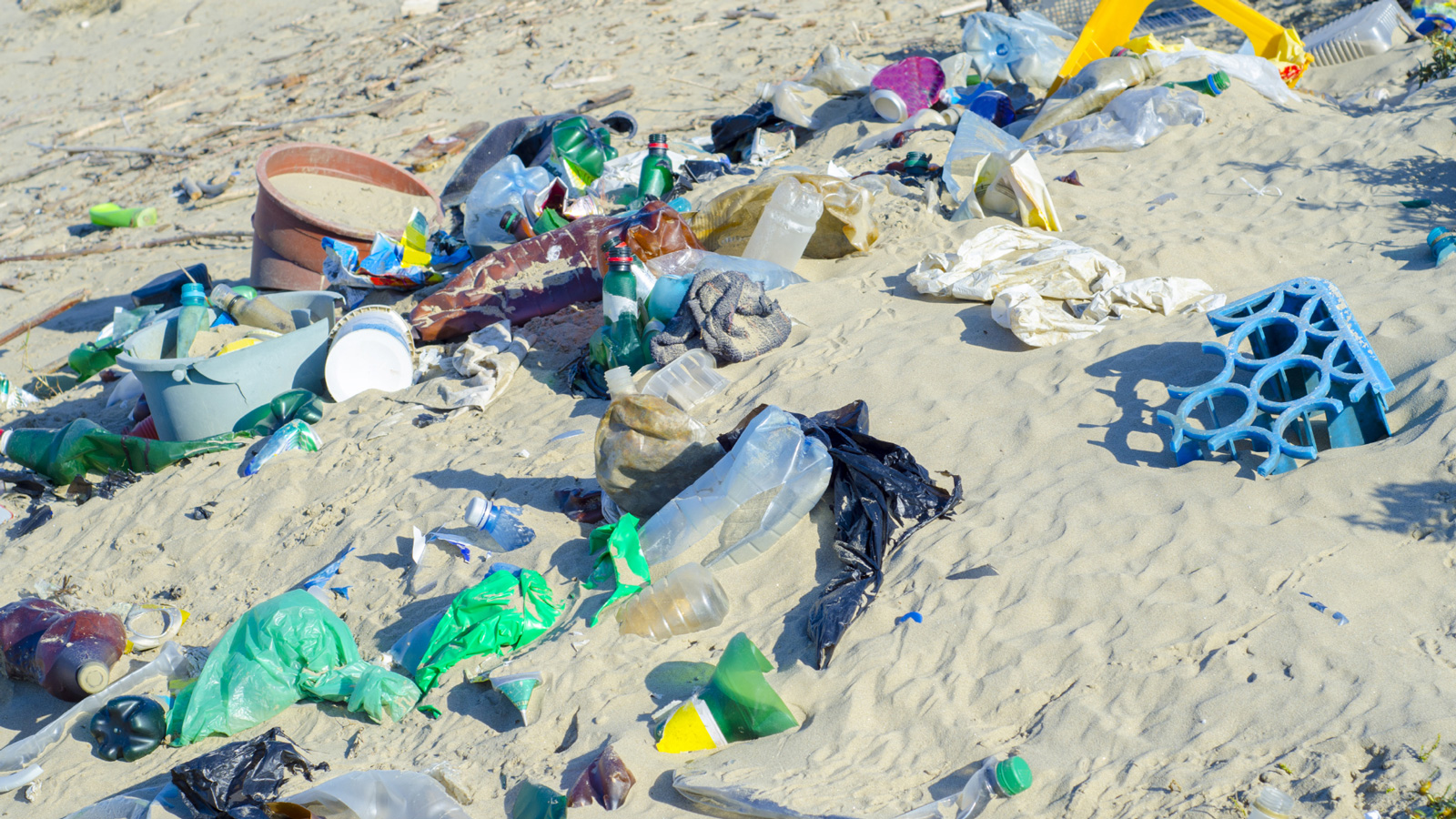
Litter is a blemish on our coastlines
Sandcastles filled with cigarette butts. Rock pools full of rubbish. It’s enough to ruin any day at the Scottish seaside.
The litter problem on our beaches is worse than ever – despite the efforts of beach cleaning teams who’ve upped their efforts by 37% over the past decade.
Thanks to careless beach-goers, boats and nearby businesses, the sand is strewn with all sorts of rubbish, including broken glass bottles and rusty cans. According to a Marine Conservation Society survey, litter-pickers now collect an average of 1,963 pieces of litter per kilometre
The cost of litter is more than financia
Research shows that streets and open spaces strewn with litter can have an impact on the popularity of local tourist spots. There are also links between litter and increased crime rates – and it can even contribute to mental illness. All these things put further strain on public spending.
The ‘invisible’ costs of litter can affect us all. People who live on littered streets could expect to see their house price take a hit. Even more worryingly, broken glass, rusty cans and lit cigarettes left lying around can cost people and animals their health – and in extreme cases, their lives.

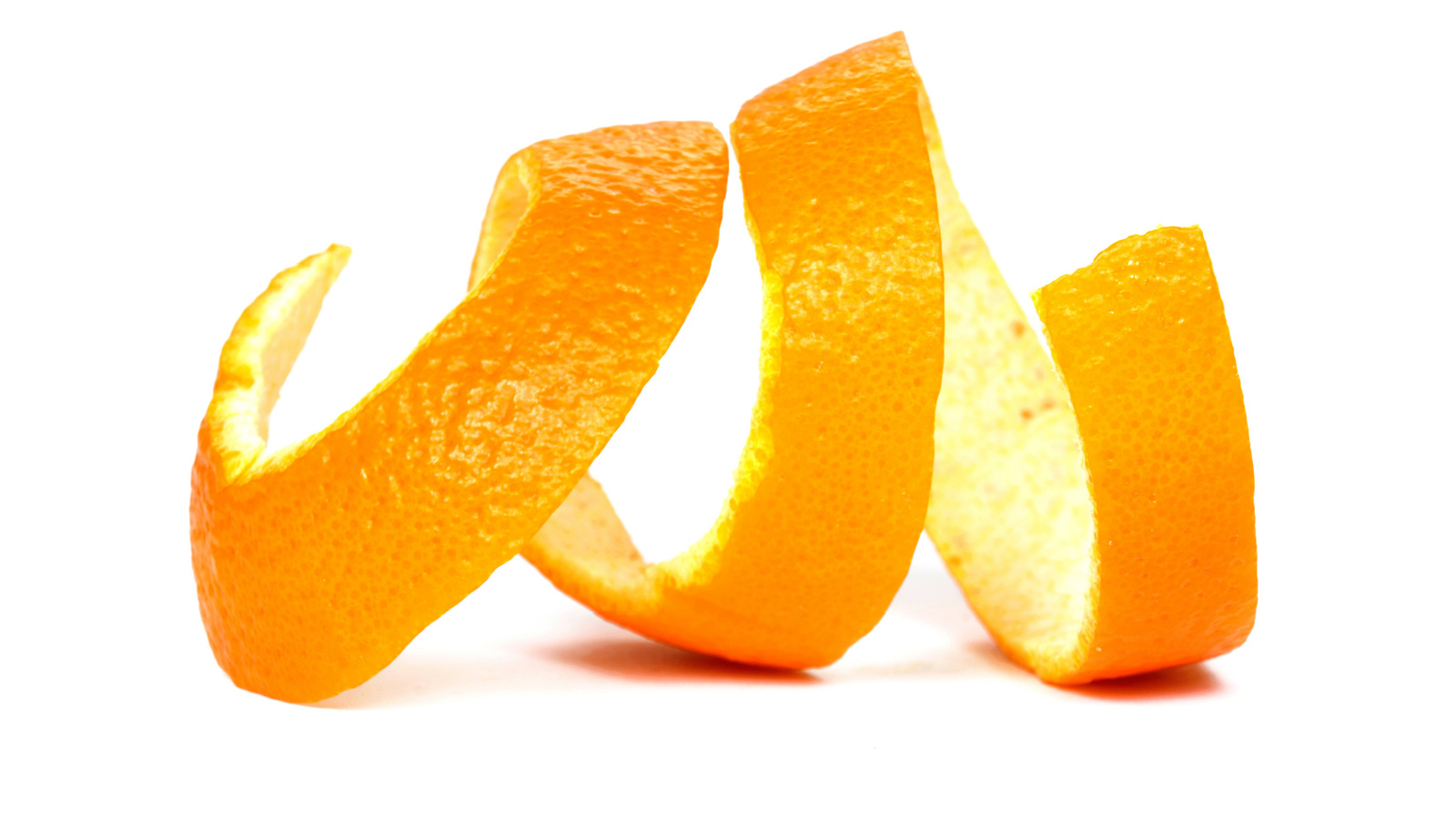
Orange peel isn’t as harmless as you think
Because fruit and veg remains are natural, some people think it’s okay to drop them on the ground. But it’s not – because these things count as litter too.
A banana peel can survive on the street for up to two years in Scotland. This may be a mere moment compared to the stats for cigarette butts and plastic bottles (12 years and forever respectively). But it still means sharing our streets and open spaces with each piece of rotting food waste for a full 24 months.
Litter attracts more litter
In a street already strewn with litter, many people don’t see the harm in adding a little bit more. If an area’s clean already, it helps if residents stay vigilant and keep it that way. Just one piece of litter is the thin edge of the wedge – which is why prevention is key.
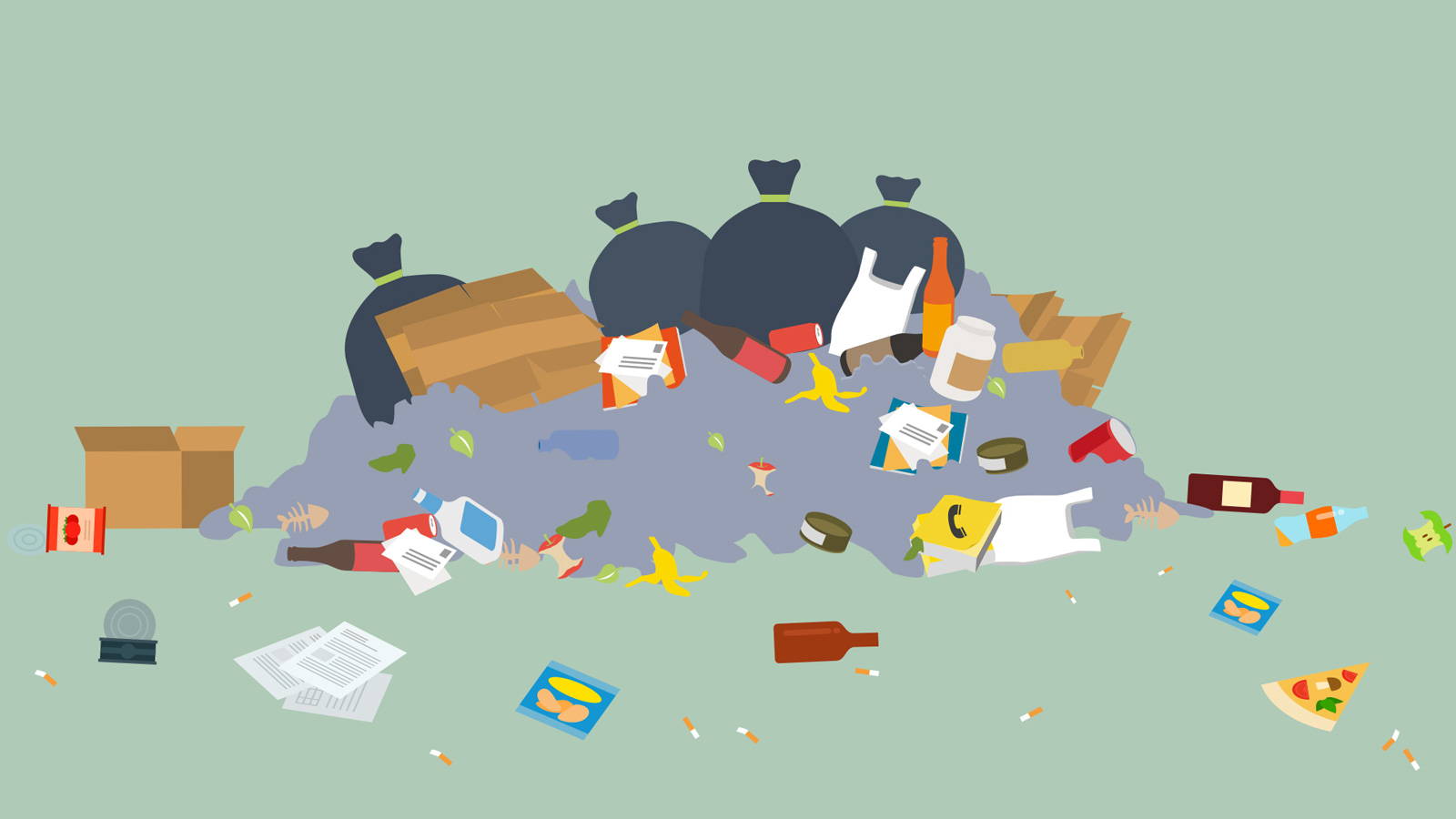

Scotland needs rubbish role models
There’s nothing sexy about litter. But studies show that people close to us can have a massive impact on our attitude towards litter, so the more time we spend talking about it, the closer we’ll be to tackling it.
Once enough people are proud to say they support litter prevention, we’ll be onto a winner.
Chewing gum sticks around forever
Scotland is a nation obsessed by gum, spending £28.6 million on the sticky stuff every year. So far, so chewy. The problems start when this gum ends up on our streets – and lots of it does.
Used gum is the trickiest type of litter to tackle – and that leaves us with a bit of a dilemma. If we don’t remove it, it’ll stay where it is forever. But the Local Government Association (LGA) estimates that removing each piece costs fifty times the amount it cost to buy. Money well spent? You decide.
